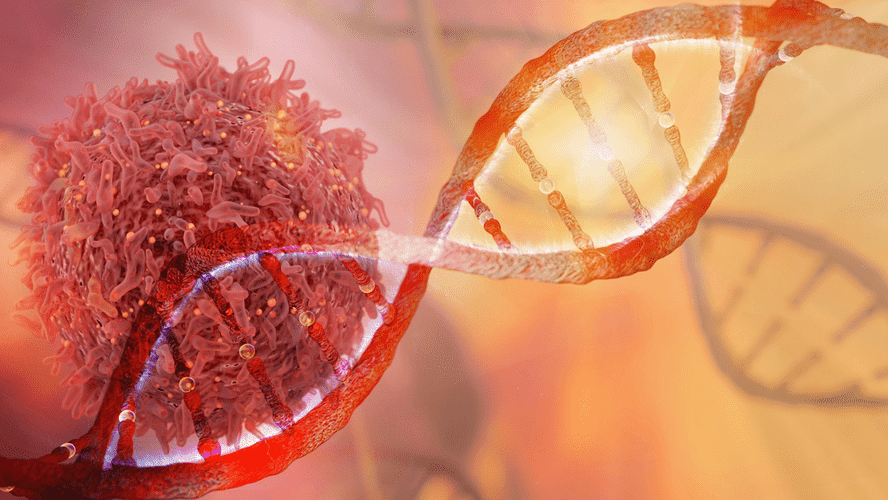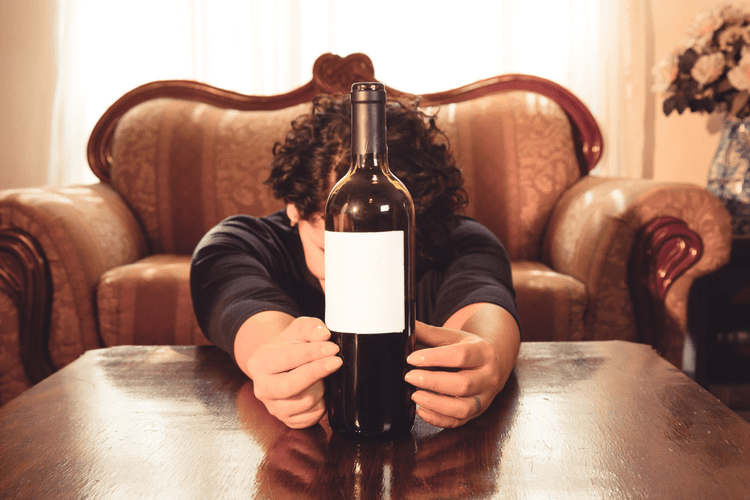Studies of outcome of addiction treatment may use one term or the other, but they typically measure the same effects. Still, some people in the addiction-treatment field reserve recovery to mean only the process of achieving remission and believe it is a lifelong enterprise of avoiding relapse. Recovery suggests a state in which the addiction is overcome; clinical experience and research studies provide ample evidence. For all practical purposes with regard to drug use, the terms remission and recovery mean the same thing—a person regaining control of their life and reversing the disruptive effects of substance use on the brain and behavior.
years of Exceptional Care
Alateen is a part of the Al-Anon Family Groups specifically designed for teenagers (ages 13-18) who have been affected by someone else’s drinking, typically a parent or close family member. Like Al-Anon, Alateen operates on the http://chudinov.ru/etruskologiya/ principles of mutual support, confidentiality, and anonymity. It provides a safe space where young people can share their experiences, learn coping skills, and support one another in dealing with the effects of alcoholism in their families. Thus, a person can develop a chemical dependence but not have an addiction, and vice versa.
Addiction and Relapse Statistics

Fill out the form below and one of our team members will reach out to help you get started. BrightView offers outpatient treatment, which does not require the patient to stay overnight. Inpatient care generally refers to any medical service that requires admission into a hospital or a treatment center, where a patient stays overnight. It’s important to note that the presence of risk factors during these stages increases the likelihood of relapse. The greater the number of risk factors, the higher the risk of relapse.
How does stigma affect people with SUD?
It’s vital for addicts to reach this point of desperation where they can no longer cling to the fantasy that they can will themselves out of their addictions on their own. In recognizing their “powerlessness,” they are, in essence, surrendering to their own will and stubbornness of self-determination. By saying they were powerless over their addiction, addicts are paradoxically taking ownership of their lives. Many people are consuming significant amounts of alcohol and cannabis daily. This can affect their ability to care for themselves, their families, and their communities. Studies have revealed that obesity and eating disorders disrupt the brain’s normal response to food entering the stomach and decrease dopamine levels in the brain’s reward system.

Cognitive Behavioral Therapy
- It is recommended that “substance use” be used to describe all substances, including alcohol and other drugs, and that clinicians refer to severity specifiers (e.g., mild, moderate, severe) to indicate the severity of the SUD.
- This often leads to enabling when the other party suffers from substance use disorder.
- Peer or mutual support is not restricted to AA or NA; it is available through other programs that similarly offer regular group meetings in which members share their experiences and recovery skills.
- Phase of treatment involving continuous on-site supervision in a treatment facility.
- Use of this site constitutes acceptance of Sober Recovery’s “Terms of Use”, “Privacy Policy”, “Cookie Policy”, and “Health Disclaimer”.
In addiction recovery, a sponsor is typically someone who has experienced similar challenges and has successfully maintained sobriety. Their role is to provide guidance, support, and accountability to others in their recovery journey. Sponsors often share their experiences and insights to help their peers overcome hurdles. These common addiction terms provide a foundational understanding of key concepts essential for individuals seeking to support themselves or others in the http://i-shop24.com/sredstva-dlya-zagara/krem-collistar-ultra-soothing-after-sun-repair-treatment-57681 journey of recovery. Substance use disorder refers to the harmful or hazardous use of psychoactive substances, including alcohol and illicit drugs.

Someone who has left behind a career or lifestyle centered around alcohol consumption. A humorous term for individuals who http://seaman-sea.ru/tankera/599-podgotovka-tankera-k-proverke.html used to experience blackouts due to excessive drinking. A combination of practices, programs, and activities people use to maintain and sustain recovery. An abbreviation for inpatient treatment, such as alcohol or drug rehab or psychiatric hospital stay. A specialized telephone service that provides support, information, and assistance to individuals in need.
- Techniques and practices used to manage cravings and difficult emotions without turning to alcohol or drugs.
- Inpatient care generally refers to any medical service that requires admission into a hospital or a treatment center, where a patient stays overnight.
- A small group of adolescents relapsed when facing interpersonal difficulties accompanied by negative emotions and social pressures to drink or use.
- Alcoholics Anonymous caters to people dealing with alcohol dependence and is one of the longest-running alcoholism treatment recovery programs in existence.

A commonly used phrase in 12-step circles of responding with thoughts and opinions to the person sharing without being asked; most 12-step groups do not allow cross-talk during the meeting itself. The common nickname for the book, Alcoholics Anonymous, which was first published in 1939 and outlines the AA program for recovery. This section defines terms commonly used in a clinical setting, such as a doctor’s office or hospital program. A person who suffers from substance dependency but does not have only one drug of choice. An enabler may also keep secrets in order to protect the addict, make excuses for their behavior, blame others, bail them out of jail, ignore the problem and more. As long as you are enabling an addict, they will be more likely to avoid recovery.


